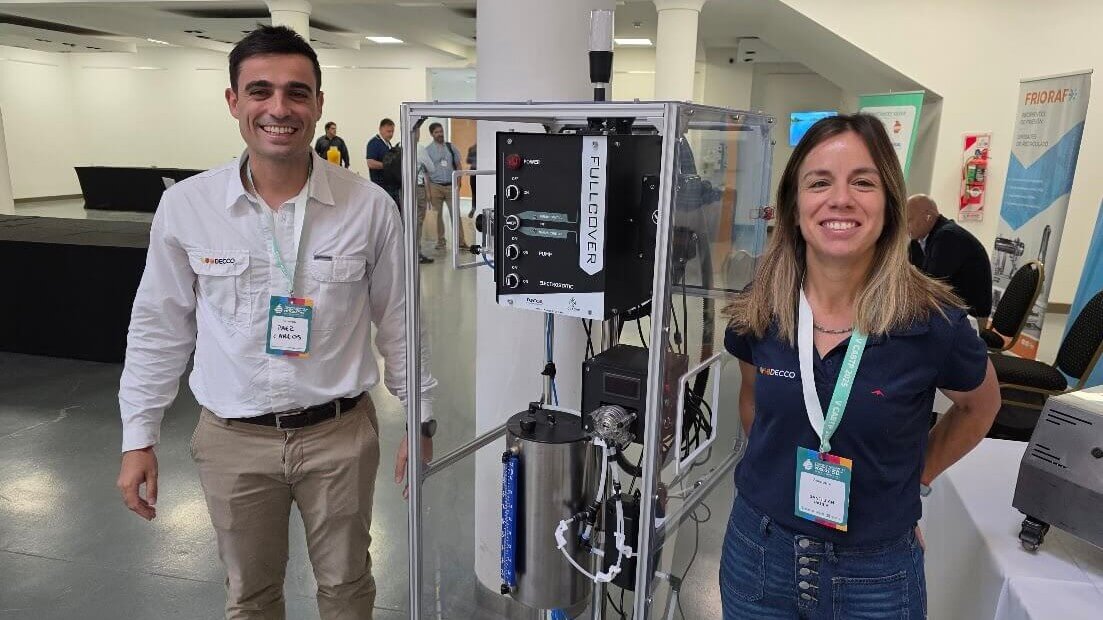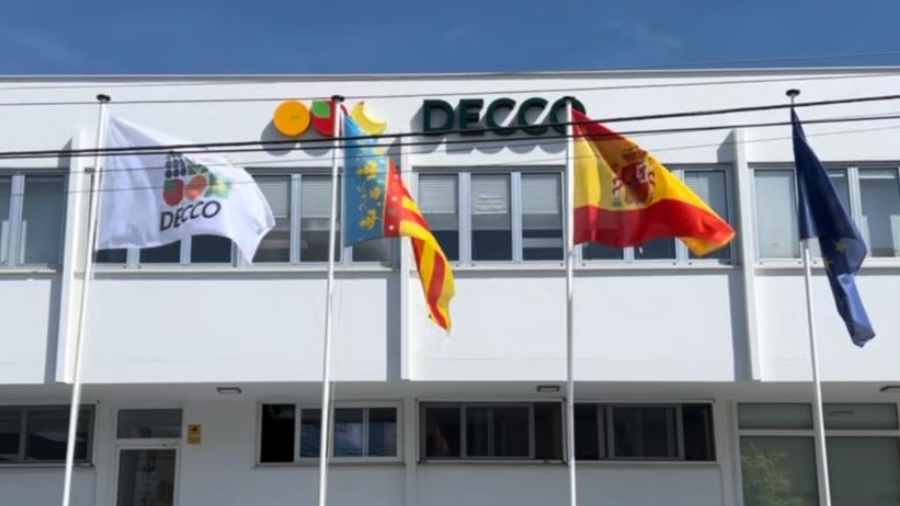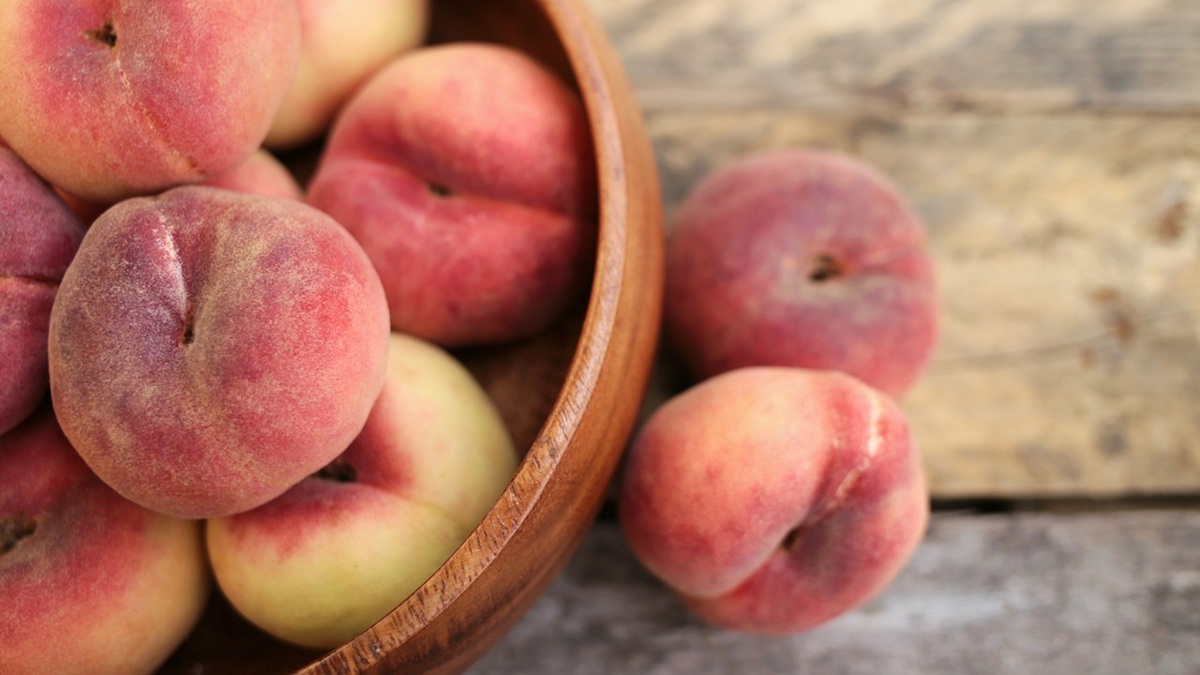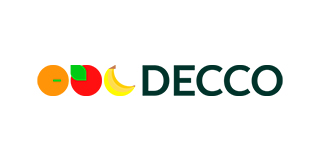
Decco Ibérica
Phytosanitaries
Challenges of Persimmon Cultivation During Postharvest
DECCO offers a wide range of solutions to combat sooty mold, Alternaria, and persimmon senescence
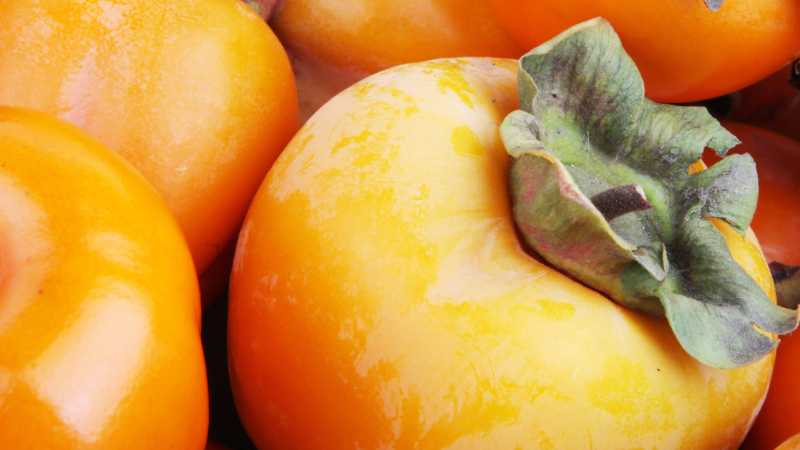
The persimmon industry in Spain has evolved through several phases, beginning with steady growth until 2014, when the Russian trade ban significantly impacted production. Since then, the sector has faced challenges due to an imbalance between supply and demand. However, in 2022 and 2023, the industry regained stability, partly due to climatic conditions that reduced yields. Today, the industry is entering a new phase of internationalization, with new market openings in China and the recovery of markets in Brazil and Canada, which will help expand its consumer base. Effective management of the Persimon variety's supply is essential to prevent production surpluses that could negatively affect pricing. In this context, post-harvest management and high-quality service are critical to ensuring that persimmons reach consumers in optimal condition, thereby fostering repeat purchases.
Challenges of Persimmon Cultivation During Postharvest
Persimmon cultivation faces three main challenges during the postharvest phase:
1) Sooty Mold
Sooty mold, a fungal disease that affects persimmons once they enter storage, can compromise both product quality and preservation. This mold is closely linked to a symbiotic relationship between mealybugs (cotonets) and saprophytic fungi, which are responsible for its proliferation. According to the GVA manual on Integrated Pest and Disease Management for Persimmons, mealybugs secrete a sugary honeydew that promotes the growth of these fungi, resulting in a blackish layer that adheres to the fruit.
Although sooty mold does not directly impact the organoleptic quality of persimmons, except when it forms under the calyx, accelerating ripening, it does reduce their commercial value.
To address this, DECCO has developed a specialized protocol for the proper cleaning and sanitization of persimmons. This includes using a persimmon washer in the packing line, along with proprietary formulations. The aim is to ensure that the fruit reaches the market in optimal condition—healthy, safe, and with minimal sooty mold impact—thereby enhancing its commercial value.
2) Alternaria spp.
The fungus Alternaria alternata colonizes persimmon fruits, causing rot and quality loss during storage, which significantly reduces their shelf life. First identified in Israel in 1981, this post-harvest disease is one of the primary threats to persimmon preservation. The fungus is present in the field and develops during the post-harvest phase, infecting ripe fruits when their natural defenses are weakened.
Alternaria alternata is a polyphagous fungus characterized by visible black spots that typically begin on the leaves and fruits but can spread to the entire plant. Spores form on dead organic matter, such as leaves, shoots, and fruits, and are dispersed throughout the orchard by wind and rain.
The growth of this fungus is promoted by heat and constant humidity, making the post-harvest phase a critical point in the supply chain, as these conditions are ideal for its proliferation.
To mitigate this issue, DECCO has developed the DECCO Pyr Pot, which, when used in persimmon storage rooms, helps reduce the spread of fungi like Alternaria alternata. This improves fruit quality and increases the quantity available for commercialization.
3) Fruit Senescence
Senescence, the natural aging process that affects all living organisms, manifests in persimmons as fruit softening, cold damage, and a general decline in quality, impacting both texture and organoleptic properties such as firmness and flavor. This process is evident through the loss of the fruit's fresh, turgid appearance, skin wrinkling, reduced firmness, and the appearance of cold damage spots, which may result from improper handling or the natural aging process, ultimately affecting its overall quality.
By using FruitSmart, a product based on 1-methylcyclopropene 3.3% (registration number ES-01708), the effects of senescence can be slowed, extending the freshness of persimmons and maintaining their optimal quality for a longer period. This product is crucial for both export and the preservation and staged availability of persimmons throughout the season. It enhances the profitability of agricultural operations while ensuring that consumers receive an attractive, safe, and high-quality product.
If you need advice on how to manage the cold storage of your persimmons, don't hesitate to contact DECCO's team.


